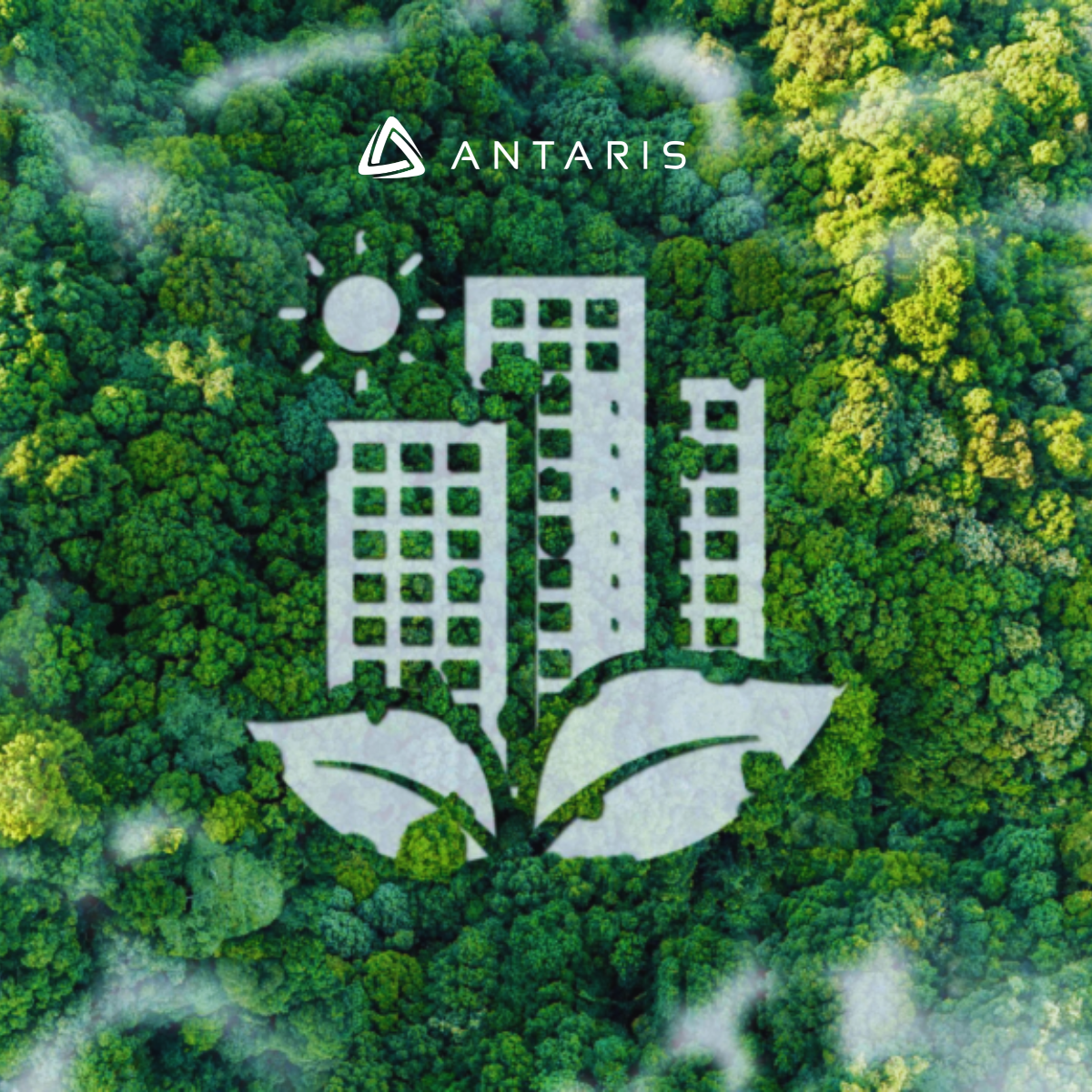ISO 50100: A New Standard Guiding Decarbonisation Through Energy Management
As climate change becomes a defining challenge of our time, businesses, governments, and industries are under growing pressure to reduce greenhouse gas (GHG) emissions and align their operations with global sustainability goals. For over a decade, ISO 50001 has helped organisations implement energy management systems (EnMS) to improve efficiency and reduce energy consumption. But today, the need goes beyond energy savings.
Enter ISO 50100, a new draft standard that aims to bridge the gap between energy management and carbon reduction. As of March 2025, ISO 50100 is in the Draft International Standard (DIS) stage, a significant milestone in the ISO development process. Although it is not yet finalised, its direction and purpose are clear.
What is ISO 50100?
The formal title of the standard is “Energy management systems and energy savings — Decarbonisation — Requirements with guidance for use.” It is being developed by ISO’s Technical Committee TC 301, the same body responsible for ISO 50001.
ISO 50100 proposes a structured framework to support organisations in reducing energy-related GHG emissions. While ISO 50001 focuses on improving energy performance, ISO 50100 expands that scope by addressing the carbon intensity of energy use. It’s not a replacement but rather an extension; building on ISO 50001 principles with additional tools and strategies to support decarbonisation.
How ISO 50100 Relates to ISO 50001
ISO 50001 has been the global benchmark for energy management systems, helping organisations improve energy efficiency, cut costs, and lower environmental impact. However, while energy use and carbon emissions are closely linked, ISO 50001 doesn’t specifically focus on emissions reduction as a primary goal.
That’s where ISO 50100 comes in.
One key feature of the new standard is that it requires organisations to already have ISO 50001 in place. ISO 50100 is designed as a bolt-on to an existing energy management system, adding a layer focused on GHG mitigation and decarbonisation strategy.
In short:
- ISO 50001 = Manage energy use efficiently.
- ISO 50100 = Reduce carbon emissions through energy-related decisions.
What ISO 50100 Proposes
Though still in draft form, ISO 50100 outlines a number of essential elements that organisations should implement. These include:
- Decarbonisation Strategy Development: Organisations will be expected to define a clear roadmap for reducing energy-related emissions, aligned with their broader sustainability goals.
- Setting Science-Based Targets: The standard encourages the use of credible, science-based targets for emissions reduction, ideally aligned with the goals of the Paris Agreement or national climate commitments.
- Technology Integration: ISO 50100 promotes the adoption of cleaner, more efficient technologies to reduce carbon intensity in operations.
- Data-Driven Decision Making: Emphasis is placed on accurate measurement, monitoring, and reporting of both energy use and emissions to ensure progress is trackable and transparent.
- Continual Improvement: As with ISO 50001, continuous review and improvement of decarbonisation practices is a core principle.
These requirements are accompanied by guidance, making the standard flexible enough for organisations of different sizes and sectors, while still maintaining structure and consistency.
Why ISO 50100 Matters
The introduction of ISO 50100 comes at a critical time. Organisations are increasingly being asked to demonstrate real, measurable progress on climate goal; not just through energy savings, but by cutting emissions at the source. Stakeholders, investors, regulators and customers are demanding accountability.
ISO 50100 offers a globally recognised framework that can help organisations take practical steps toward net-zero emissions, without reinventing the wheel. By building on existing ISO 50001 systems, it reduces the learning curve and provides a clear path for integrating climate action into day-to-day operations.
Additionally, as ESG (Environmental, Social, Governance) reporting becomes more regulated and transparent, standards like ISO 50100 could become important tools for demonstrating compliance and credibility.
Looking Ahead
ISO 50100 is still under development, and feedback from stakeholders around the world will shape its final form. But even in draft, it signals a significant shift in how organisations approach energy and climate. It moves the conversation from “how much energy are we saving?” to “how much carbon are we cutting?”
For companies already certified under ISO 50001, ISO 50100 offers a valuable next step. For those starting their energy management journey, it signals that future-readiness means thinking beyond kilowatt-hours, and thinking about carbon.


